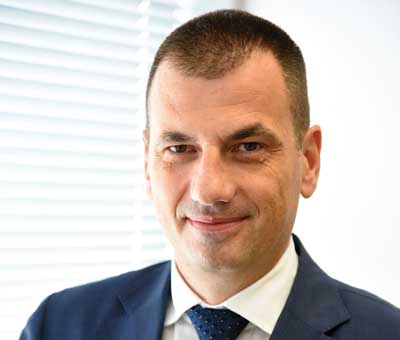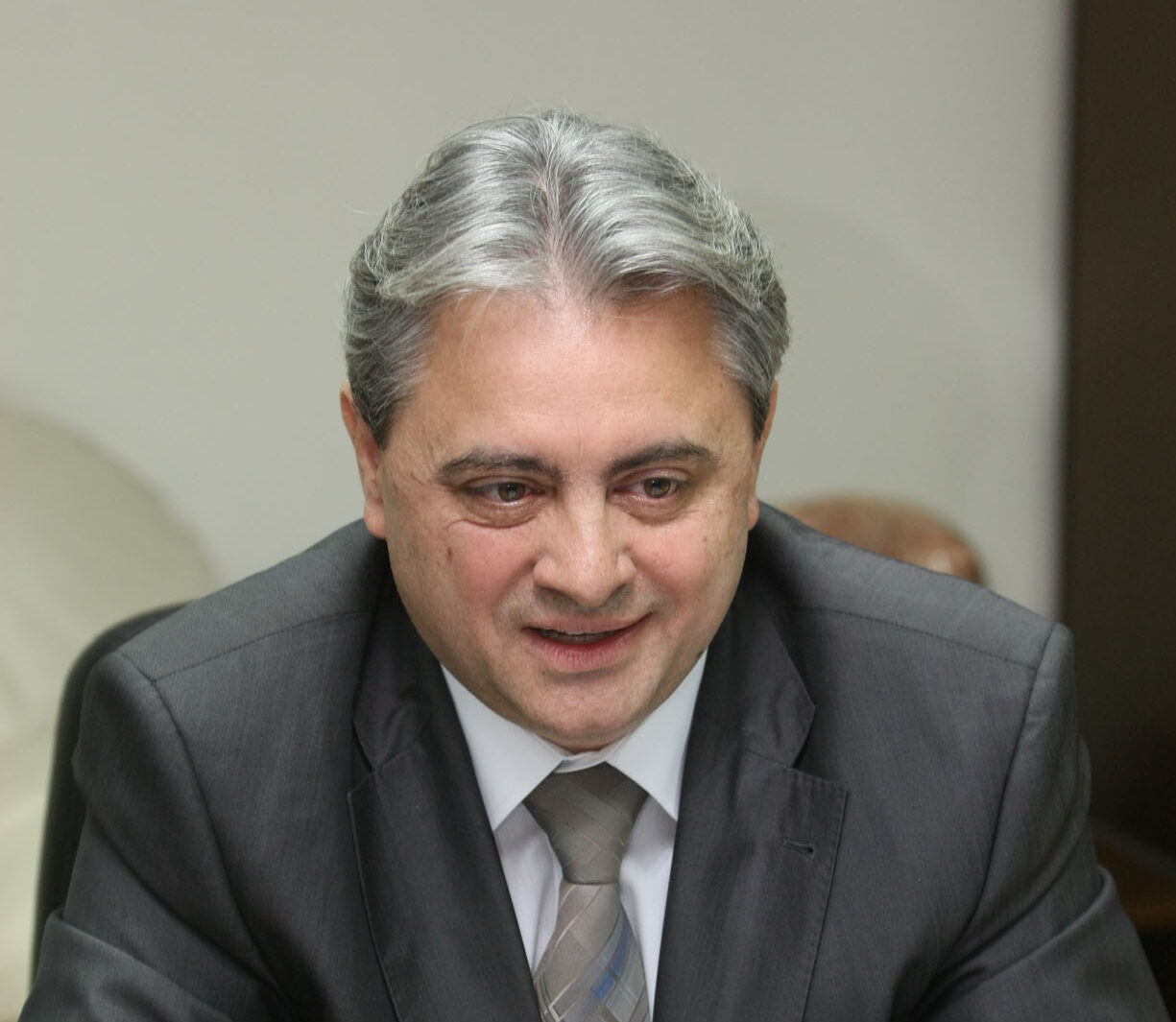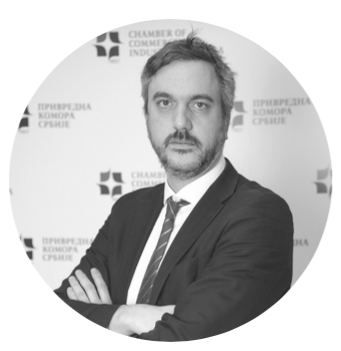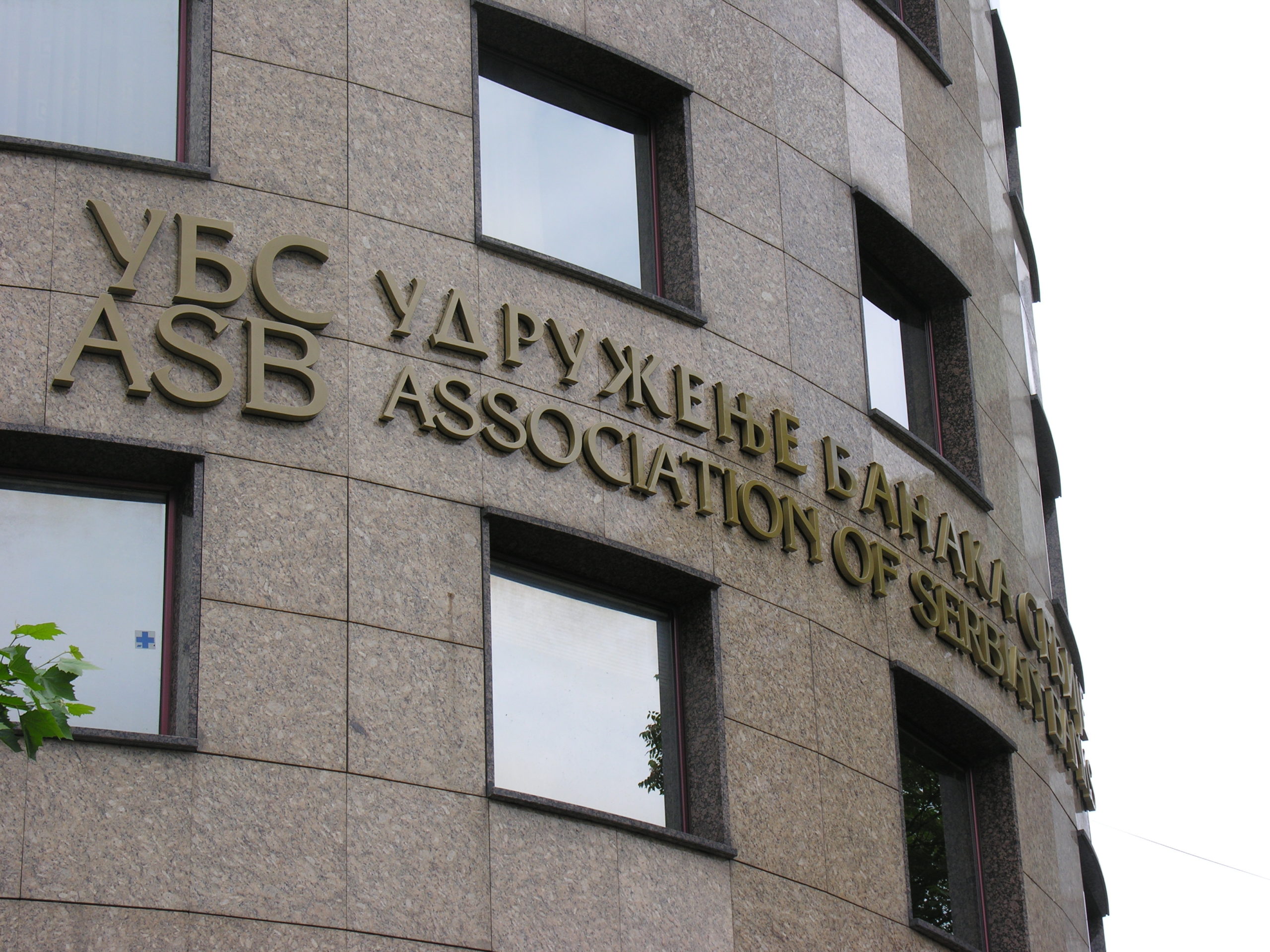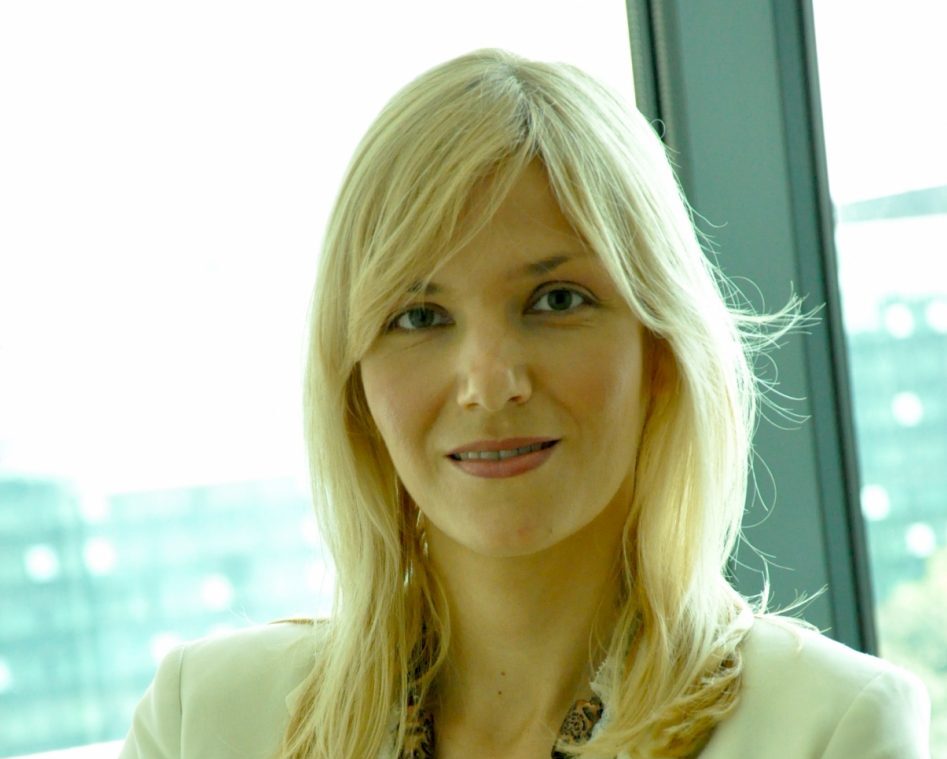Ireland focuses on innovation to drive the next phase of growth in legal and financial services
Embracing Innovation
The Irish government’s proactive approach to fostering a business-friendly ecosystem has strengthened the country’s appeal as a global business hub over a number of decades. Ireland is well-established as a vibrant destination for international business and has cemented its position as a European gateway for trusted legal and financial services. It is now focusing on innovation to maintain advantages that make it an ideal choice for US and global businesses.

Peter Stapleton, Managing Partner of Maples and Calder (Ireland) LLP in Dublin, stated, “The key word defining Ireland’s ecosystem over recent years is ‘resilience’. Ireland has spent considerable time over the past decade making key legal and regulatory changes to strengthen its framework and international offering. This has seen strong growth following the largest challenges of recent times, the global financial crisis and the COVID-19 pandemic. Indeed, Ireland has emerged from the pandemic with one of the fastest growing economies across the Eurozone. These changes enhanced Ireland’s reputation as a well-regulated and highly efficient gateway into Europe and key international markets. However, Ireland cannot stand still if it wishes to maintain this position and it is hugely encouraging to see a targeted number of strategic policies being enacted which are aimed at the next generation of legal and financial services. These policies cover sustainable finance, fintech, digital assets, and increasing demand for access to long-term investments (infrastructure).”
Stapleton added, “Maples and Calder (Ireland) LLP is part of the Maples Group, a leading international legal and financial services group with 16 offices across its global network. Our Irish presence is amongst the largest in Group and we act as a strategic partner to many of our international clients doing business in Ireland and across the EU. Their perception of Ireland has been extremely positive over the last few years and that is why we are excited about the policy changes which will facilitate their future projects.”
He continued to outline some of Ireland’s biggest legal advantages to date, including Ireland’s role in the European Union, “Ireland’s EU membership ensures that court decisions rendered in the country are easily enforceable in other member states, providing businesses with the confidence and security needed to operate across European borders. The nation’s business-friendly nature, being English-speaking, having common law jurisdiction, a dedicated Commercial Court, and up-to-date international arbitration laws are also major contributors to the country’s competitiveness.
“That foundation will be the basis for innovation over the next decade in the areas of sustainable finance, fintech, digital finance, next generation skills, and training. We are also seeing a strong push to widen the attraction of Ireland for international businesses outside of Dublin to tap into a wider workforce and to create new regional centers of excellence.”
Building On Past Success
Ireland is a major global player in the funds and investment management industry and is the leading financial center outside the US for investors in key products, e.g. exchange traded funds. As the financial services industry pivots increasingly into sustainable investment funds and renewables, Ireland looks set to build on past success. Thanks to its sizable financial services industry, reputation for innovation, and strong workforce, the nation is well-positioned to capitalize on the global demand for skills in the next generation of financial assets.
Stapleton added, “The Maples Group is uniquely positioned to observe these emerging trends. We are the market-leading legal adviser to Irish-serviced funds having advised on nearly 1,500 funds in 2022; a position we have maintained for 10 consecutive years. This provides us with a holistic view of what is happening at the cutting edge of the Irish investment management market and has enabled us to partner with clients on the most innovative deals in the sector from the first ICAV to the first ILP.”
With its strong commitment to environmental stewardship and social responsibility, Ireland has attracted a growing number of US investors and institutions seeking to align their financial activities with sustainable development goals. The country’s progressive regulatory framework and thriving ecosystem of green finance initiatives have played a pivotal role in fostering this transformation. From green bonds and impact investing to sustainable lending and ESG integration, Ireland is at the forefront of advancing sustainable finance solutions. As a result, it has not only gained recognition as a global leader but also contributed significantly to the transition towards a more sustainable and inclusive economy.
As part of these efforts, the Maples Group has taken the lead legal advisor role for the International Sustainable Finance Center for Excellence initiative which aims to make Ireland a global hub for sustainable finance by 2025. Stapleton added, “Our work in Ireland is part of a wider global ESG initiative across all of our offices and business lines. Our legal teams and colleagues in funds and fiduciary services have worked on some of the largest and most innovative ESG deals to date and we increasingly see interest across our clients and their investors for a partnership of private capital with public funds to accelerate the transition to a net carbon zero future and a more sustainable economy. We are proud to partner with some of the most progressive global institutions in this space, to add our expertise and to align our values in this area with our clients.”
Looking Towards the Future
The Irish government’s commitment to the next generation of assets and support for innovation will ensure that Ireland remains at the forefront of global business hubs.
Of course, Ireland’s industry will face trials in the future, including weathering current global economic uncertainty, the climate crisis and the potential for adverse impacts in artificial intelligence. Stapleton stated, “Developments in generative AI is a fascinating area which has the potential to revolutionize the provision of certain services but it is not without its challenges. Ireland certainly has a role to play in this emerging technology. It has carefully positioned itself not only as a gateway into Europe for many US businesses, but, importantly, as a regulated gateway, and we have always been very firm on that. I think that fostering innovation within a regulated framework may strike the right balance for firms expanding in this exciting area.”
Stapleton concluded, “Our Irish office is among the key strategic outposts in our global network. We are increasingly looking at Ireland as a hub for leading talent. We believe our Graduate Trainee Program has developed some of the Maples Group’s, and indeed the jurisdiction’s, finest lawyers and regulatory experts. This team is ideally placed to build on our award-winning achievements to date and to partner with our clients as they embrace the next generation of financial services.”






